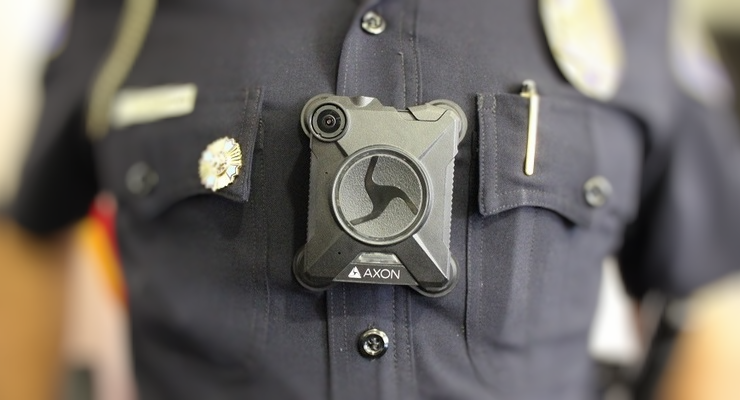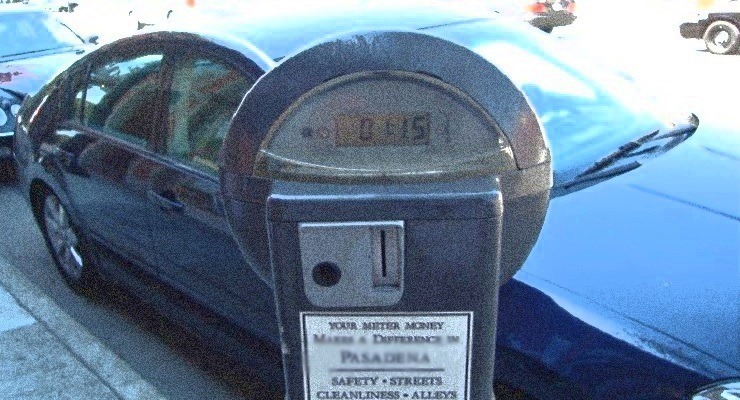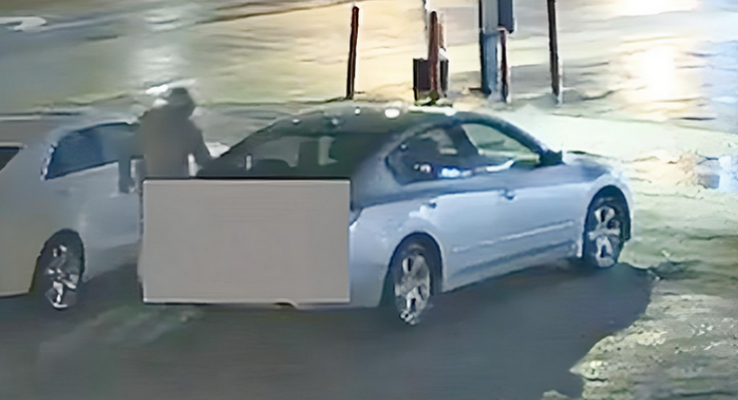Pasadenans’ water usage will be severely restricted under an “emergency” Level 4 Water Supply Shortage condition for about ten days at the end of February and beginning of March, a Pasadena Water and Power official told the City Council at its Monday evening meeting last night.
According to PWP Interim General Manager Sherry Thomas, the Metropolitan Water District of Southern California is upgrading its Weymouth Treatment Plant during that time and Pasadena will receive no water from the MWD, creating the need for the emergency level water usage plan.

The Council approved the plan by consensus last night, although, according to Councilmember Tyron Hampton, they “really had no choice in the matter.”
The MWD typically provides 60 percent of the City’s overall water supply, according to a report presented to the council. The city will depend on its groundwater, well storage and conservation measures to cover the anticipated gap in water supply from February 25 to through the actual date that imported water supplies from MWD resume.
The Level 4 Shortage Plan will prohibit the use of all outdoor watering, including the use of hand watering. During the implementation of the plan, the City will not conduct any scheduled water quality flushing, new service connections, or fire flow testing. As part of conservation measures in reaction to the state’s drought, the City is currently in a Level 2 Water Supply Shortage Plan.
The City will be issuing a proclamation regarding the water plan pursuant to its Waste Water prohibitions and Water Supply Shortage Plan ordinance.
In a meeting that lasted until nearly midnight, the Council also spent several hours debating the planned implementation of the General Plan, which was updated in August of 2015. The implementation will put into place the actual creation of the adopted changes and will expectedly, among a number of other moves, create three Environmental Impact reports (EIRs) for the newly proposed eight local specific plans as part of the larger General Plan. New citywide design guidelines will also be developed and existing guidelines will be updated as required.
Councilmember John Kennedy took issue with the cost and timing of the implementation, which, it was was estimated, would cost $7.3 million and take four years to complete.
David Reyes, Deputy Director of the City’s Planning Department, explained that the costs and timeline were developed after lengthy research and that two other alternative plans were not recommended, as one plan would take longer to implement and be more costly, and the other would not be as detailed, though it would be completed sooner.
Kennedy grilled Reyes and outhoingDirector of Planning Vincent Bertoni for at about 45 minutes before finally being halted by Mayor Terry Tornek, who told him, “We are not establishing a budget tonight. This is only a recommendation.”
Bertoni also explained to Kennedy that once Requests for Proposals were sent out and responded to, the City would have a clearer sense of the overall cost of the plan’s implementation. The City’s 1994 General Plan upgrade took eleven years to implement, it was also pointed out by Bertoni.
Pasadena resident Richard McDonald, an attorney involved in the development of several Pasadena hotel developments, raised his concerns about the inconsistencies in the plan update during public comments. McDonald said that the plan’s four-year implementation “will stop investment here in its tracks.”
By consensus, the Council eventually agreed to allow the implementation plan to move forward to its next stage before its next full vote by the Council.
The Council also unanimously agreed to direct city staff to proceed with the development and analysis of the Colorado Boulevard Initiative. That plan calls for a “road diet” for Colorado Boulevard in the Playhouse District, and includes Reverse Angled Parking and parklets, small protected areas between the street and sidewalks to provide gathering spaces for pedestrians.
Resident Manoochehr Adhami, a transportation engineer for the City of Los Angeles who chairs Pasadena’s Transportation Advisory Commission, argued against the plan, saying that parklets are not yet proven and that the City had “chosen the wrong site” to implement the plan.
Jonathan Edewards, of the Downtown Pasadena Neighborhood Association, commented in favor of the plan, saying that both residents and local businesses “looked forward to the plan.”
“This will be good for the area,” he added.
Finally, the Council agreed to enter into license agreements with Live Nation to produce three additional concerts for the summer 2016 season at the Rose Bowl. The Rose Bowl’s current agreement with the City allows for only a limited number of major events at the Rose Bowl and increasing that number requires City Council approval. The new concerts are scheduled for May 14, and August 20 and/or August 21.
According to Dedan Brozino, Executive Director of Development for the Rose Bowl, the acts have been already been selected for the new dates, but in accordance with their agreements with Live Nation, will not be announced until later this year.














 0 comments
0 comments


